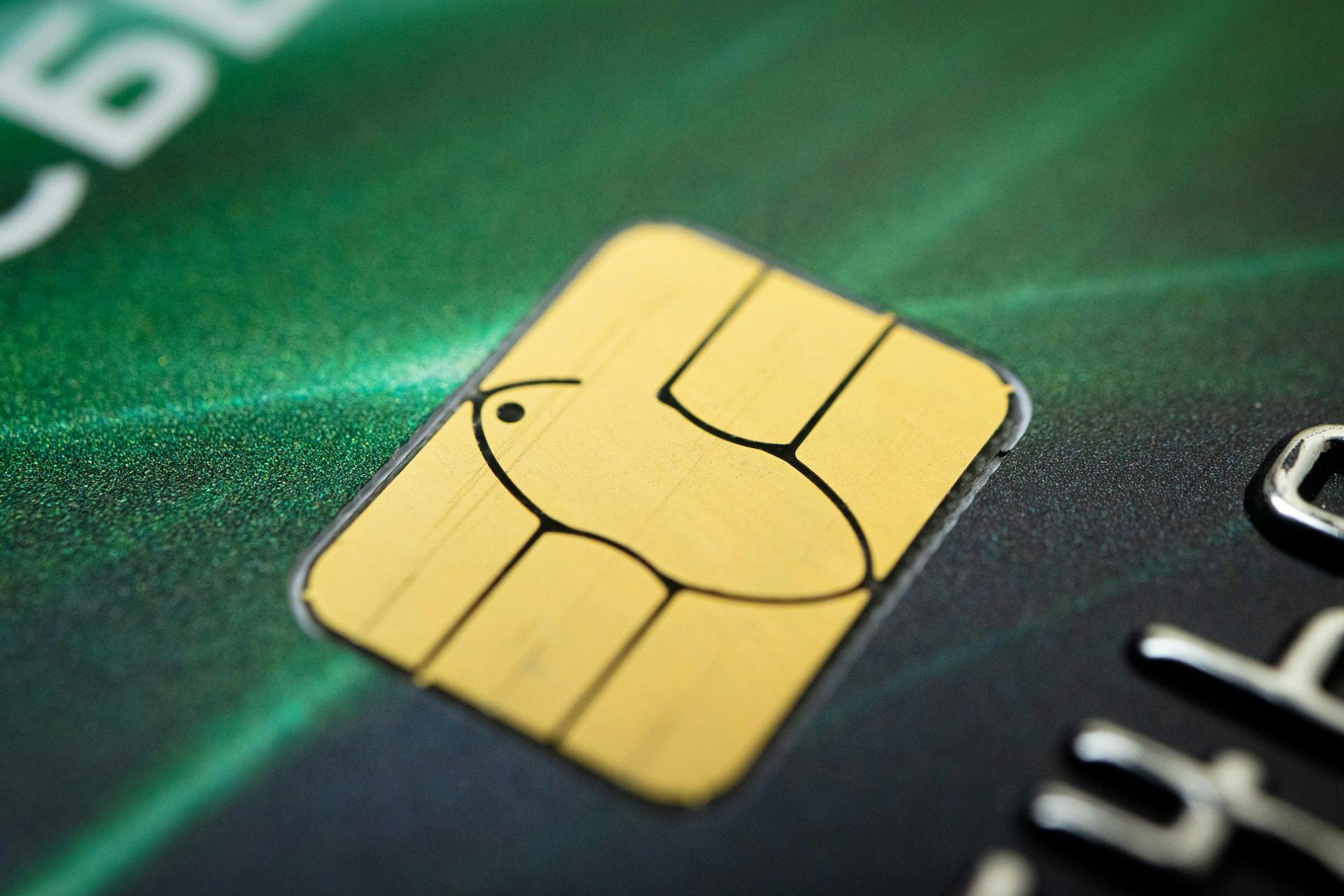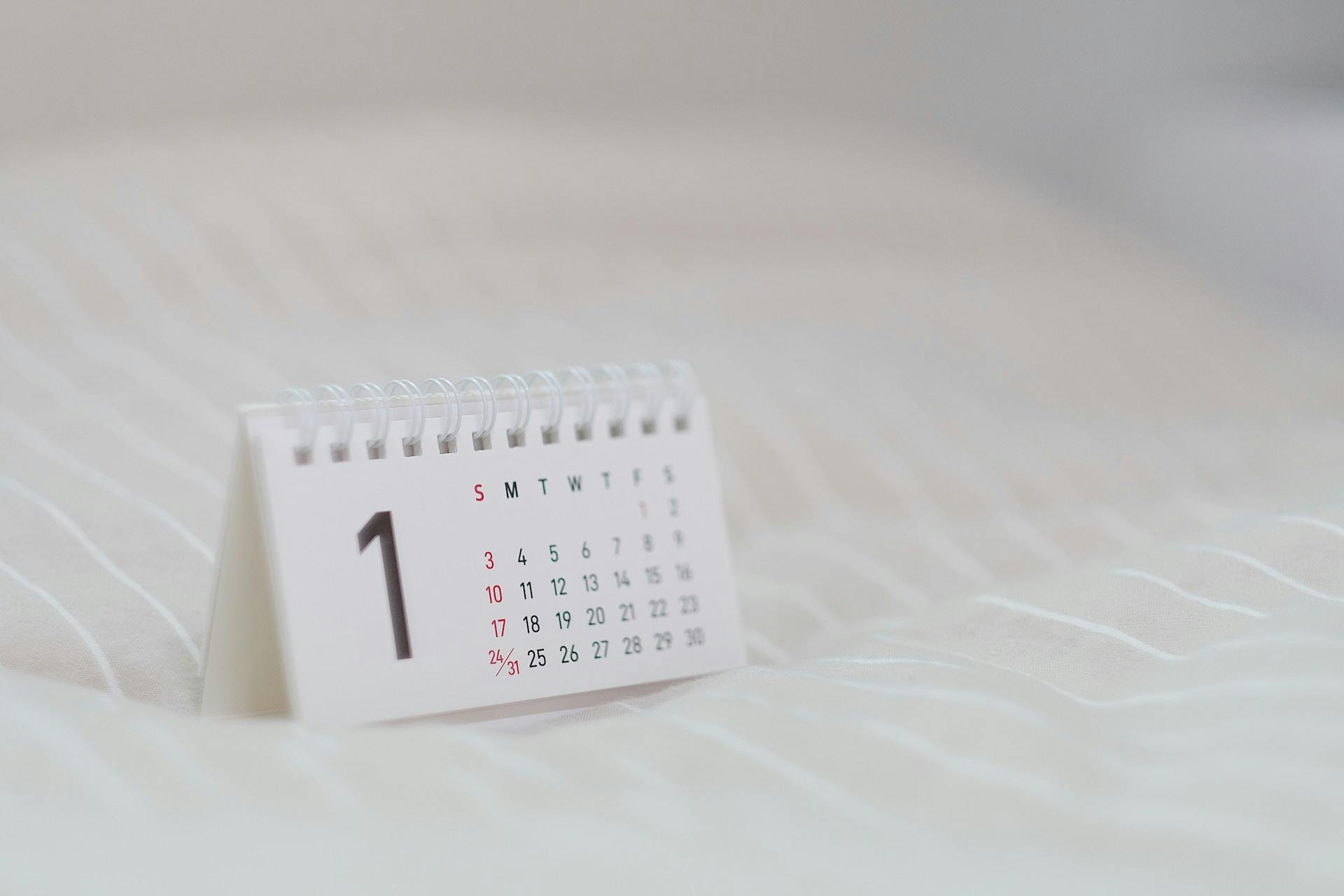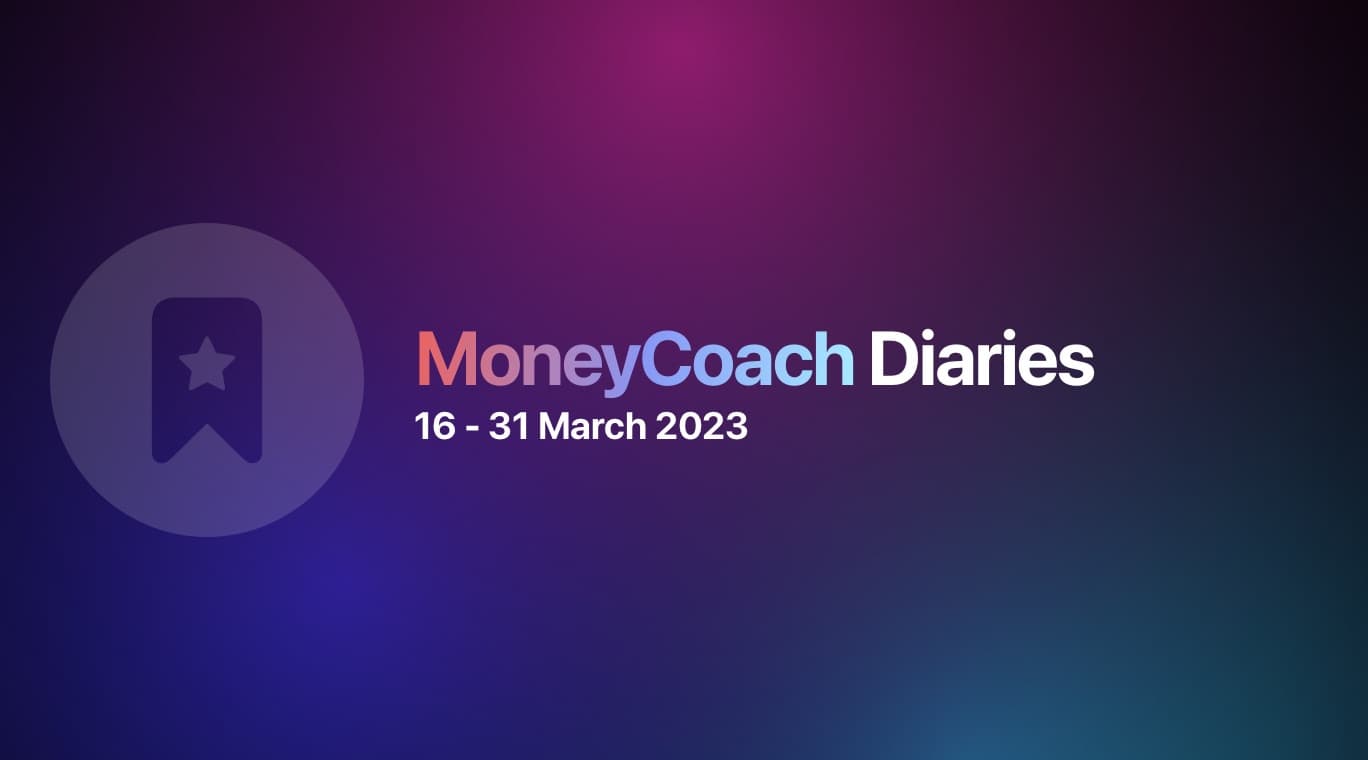
Credit cards are a convenient way to make purchases and manage your finances, but it's important to understand how credit card payments work to avoid late fees and interest charges. In this article, we'll discuss the ins and outs of credit card payments, including how they work, what to keep in mind, and tips for managing your credit card payments.
How Do Credit Card Payments Work?
When you make a purchase with a credit card, you are essentially borrowing money from the issuer. You will receive a billing statement at the end of your billing cycle that summarizes your purchases, payments, and any fees or interest charges. You have a grace period of at least 21 days from the date of the statement to pay your balance in full without incurring interest charges.
If you don't pay your balance in full by the due date, interest will be charged on the remaining balance. The interest rate on credit cards can be high, so it's important to pay off your balance in full to avoid paying extra fees.
You can make credit card payments online, by phone, or by mail. Some issuers also allow you to set up automatic payments to ensure that you never miss a payment.
What to Keep in Mind
To avoid late fees and interest charges, it's important to keep track of your credit card payments and pay your balance in full by the due date. Here are a few things to keep in mind:
- Know your due date: Check your credit card statement or contact your issuer to find out the due date for your payments.
- Make payments on time: Set up automatic payments or reminders to ensure that you don't miss a payment and incur fees or interest charges.
- Pay your balance in full: To avoid interest charges, pay off your balance in full by the due date.
- Watch out for fees: Check your statement for any fees, such as annual fees, late fees, or over-limit fees, and avoid them if possible.
- Monitor your credit score: Your credit score can be affected by your credit card payments, so keep an eye on your credit report to make sure everything is accurate.
Tips for Managing Your Credit Card Payments
Here are some tips for managing your credit card payments:
1. Create a budget
Create a budget to help you manage your expenses and ensure that you have enough money to make your credit card payments.
2. Use your credit card responsibly
Only use your credit card for purchases that you can afford to pay off in full by the due date.
3. Make more than the minimum payment
If you can't pay off your balance in full, try to make more than the minimum payment to reduce the amount of interest you'll pay.
4. Pay off high-interest debt first
If you have multiple credit card balances, focus on paying off the balances with the highest interest rates first.
5. Seek help if needed
If you're having trouble making your credit card payments, contact your issuer to discuss your options, such as a payment plan or a reduced interest rate.
MoneyCoach now supports manual credit card tracking. Set up your credit cards and activate the payment due reminders so you never have to pay those pesky credit card interests.




